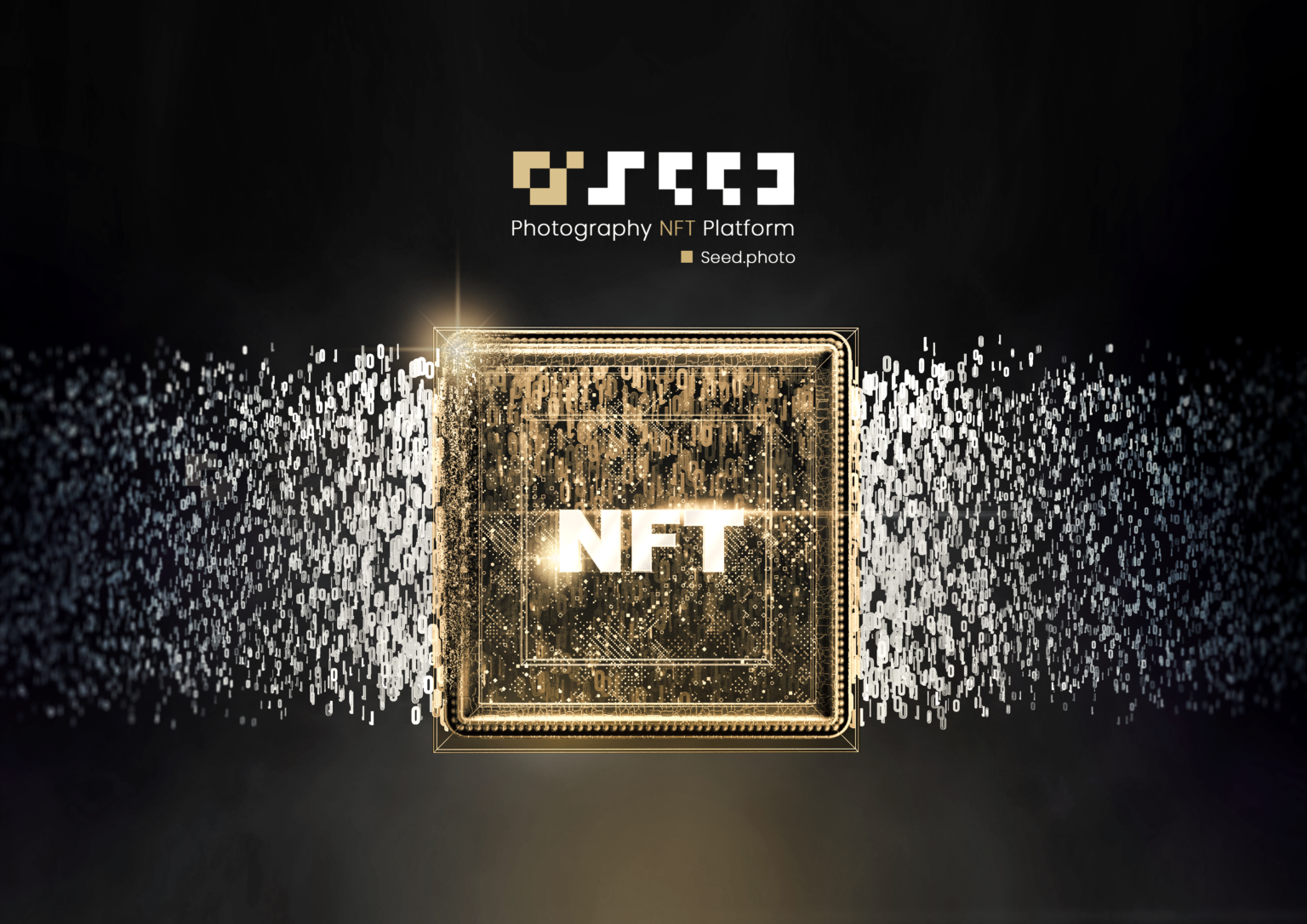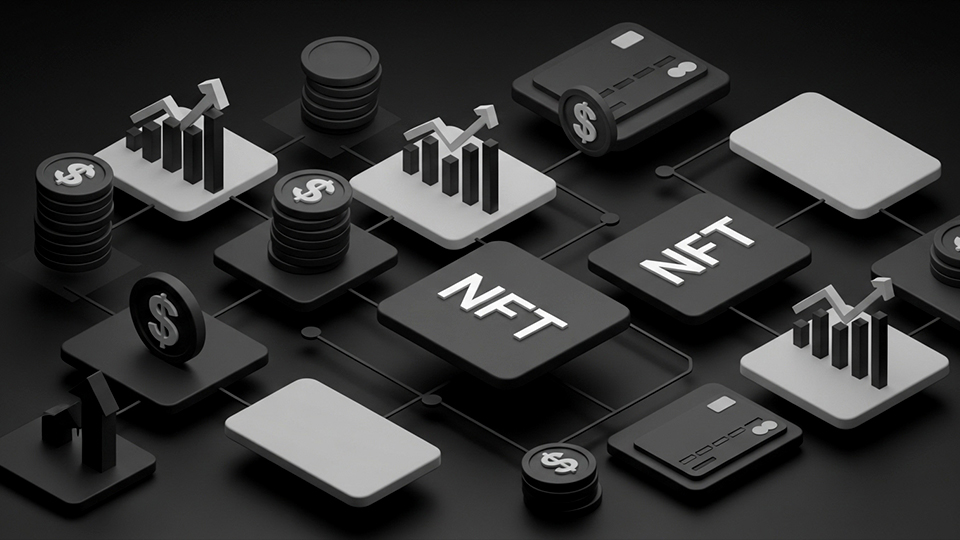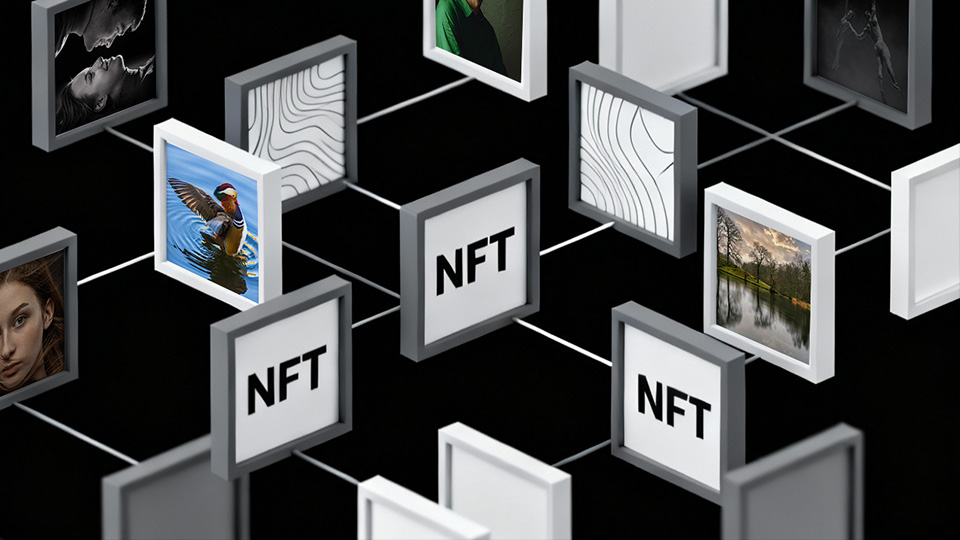The Role of NFT Royalties
NFT royalties represent a transformative mechanism allowing creators to earn ongoing income from their digital works, even beyond the initial sale. As a foundational element of the Web3 space, NFTs (originally popularized by the Ethereum network) are now proliferating across various blockchains. This innovation addresses a long-standing issue: ensuring creators are compensated not only for the first sale of their works but for every subsequent transaction.
NFT royalties offer a sustainable revenue model for creators by ensuring that each secondary sale of an NFT generates income. This is particularly valuable in contrast to traditional Web2 models, where tracking and enforcing ongoing royalties can be challenging. In the Web2 world, contracts are often skewed against creators, leaving them with limited means to benefit from the resale of their works.
The Web3 paradigm changes this dynamic by leveraging blockchain technology to record every transaction. This transparency enables creators to earn royalties on every resale, ensuring a fairer distribution of profits. Additionally, NFT marketplaces empower creators to list and sell their works without the marketplace claiming a share of the royalties, promoting a more creator-centric economy.
Mitigating Market Manipulation
NFT royalties also play a crucial role in preventing wash trading, a practice where entities artificially inflate an NFT’s price by repeatedly buying and selling among themselves. By imposing royalties on each transaction, the cost of such manipulative practices increases, thus deterring wash trading and ensuring a more genuine market value for NFTs.
The Impact of Marketplaces on NFT Royalties
Marketplaces are instrumental in the NFT space, providing platforms for minting, listing, and selling NFTs. They not only facilitate primary sales but also help creators benefit from secondary sales. While marketplaces enhance the visibility and credibility of NFT projects, they also have the power to set royalty rates, which can influence overall trading volumes and the health of the NFT market.





